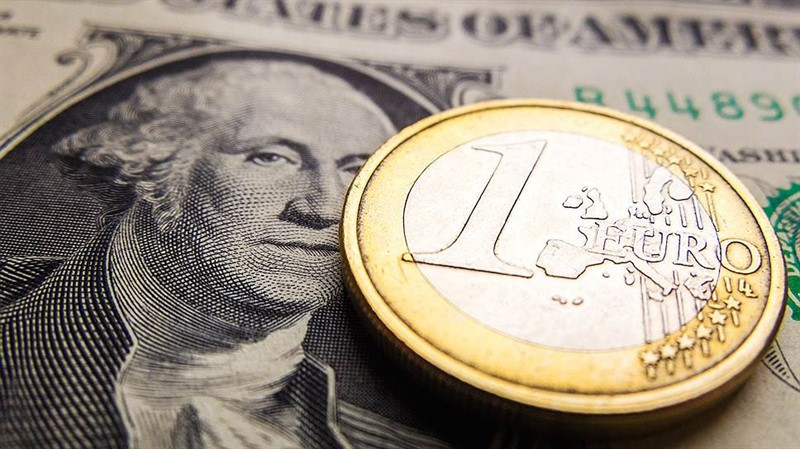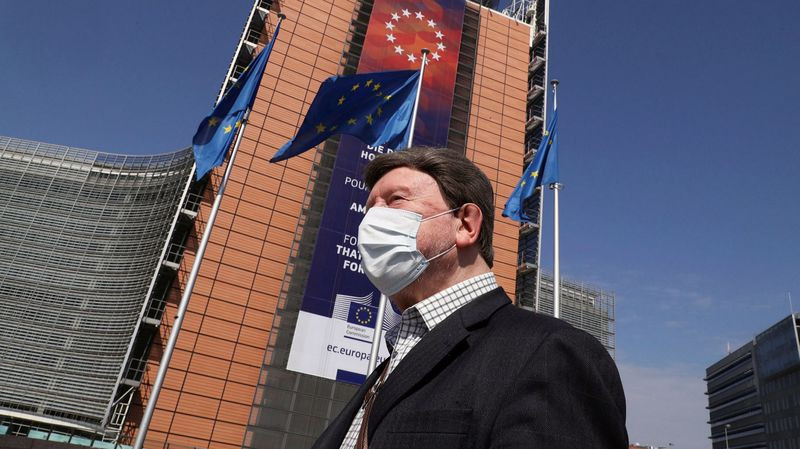
Stocks are rallying and pressure on the dollar increases as investors are betting on Joe Biden's presidency and increased spending in the US to stimulate the national economy.
Against this background, the USD index sank to almost three-week lows around 93.3 points.
It seems that US President Donald Trump, who previously announced his readiness to sign several bills to provide targeted assistance to certain sectors of the US economy, nevertheless tends to adopt a larger stimulus package.
"The main question now is whether the stimulus package will be adopted before the elections and how large it will be. At the same time, investors are becoming more confident that Democratic candidate Joe Biden will win a landslide victory in the presidential election, which reduces the risk that Trump will challenge the result," strategists at National Australia Bank said.
Meanwhile, Saxo Bank believes, "Biden's board is considered negative for the dollar in the long term, as high spending based on modern monetary theory and tax increases are more likely. However, should stock markets celebrate a quiet election if long-term inflation and higher tax burdens follow? It is possible that market participants prefer stocks to bonds in the event of inflationary growth if the Fed is unwilling to raise interest rates. In addition, traders expect Democrats to be able to regain control of the Senate. This is the only opportunity to see the light for Biden's domestic political agenda."
News on the resumption of the negotiations on another stimulus package in Washington has improved investor sentiment and spurred demand for risky assets.
The EUR/USD pair rose above 1.1800 amid the weakening of the greenback across almost the entire spectrum of the market.
Meanwhile, a leap in the COVID-19 cases in some parts of Europe is observed and many experts fear the reoccurrence of the events at the beginning of the year. European countries are introducing new restrictive measures that undermine the region's economy.

In the second quarter, the Eurozone's GDP contracted by 11.8%. It may be possible to avoid a double-digit decline this time, but in the fourth quarter the economy of the currency bloc will slow down, which could put strong pressure on the euro. Note that, in March the euro slipped from $1.15 to $1.06 in a matter of weeks.
According to experts, if European countries do not manage to curb the second wave of coronavirus in the near future, then the ECB will have no choice but to ramp up an emergency asset repurchase program.
This week, ECB President Christine Lagarde said that the economic recovery in the EU is fragile and the regulator is ready to use all the tools that will give the most effective, efficient, and proportionate result. Apparently, the ECB is preparing the markets for a new QE, for which the euro is not quite ready yet.
Meanwhile, expectations for the US fiscal deal are weighing heavily on the dollar, and every positive headline on the US stimulus program strengthens the euro. Although Trump, Pelosi, and Mnuchin want to conclude a deal, the Republican senators seem to be less than enthusiastic. Senate Majority Leader Mitch McConnell said some of his colleagues believe they've done enough.
In addition, the US presidential election is nearing and the uncertainty is growing. This can lead to large-scale profit-taking, and the euro is at risk of becoming one of the main victims of which.
Based on the above, there is reason to believe that the EUR / USD pair should trade closer to 1.16 than to 1.18.





















